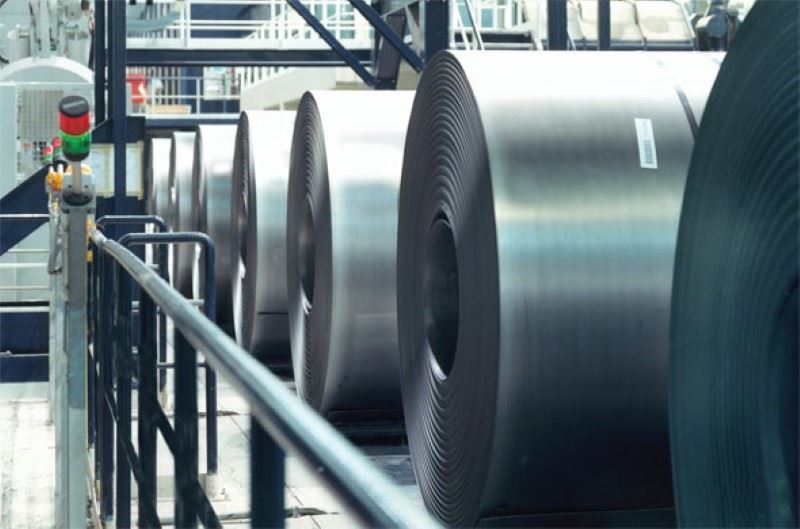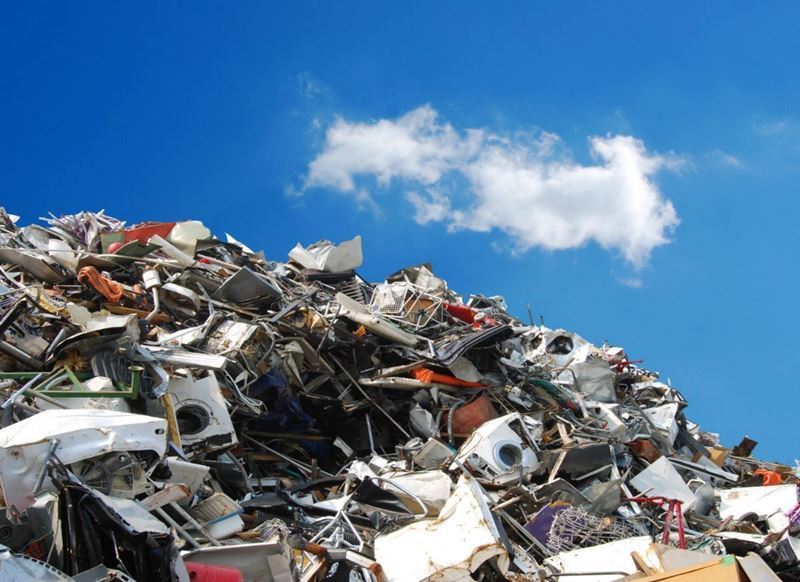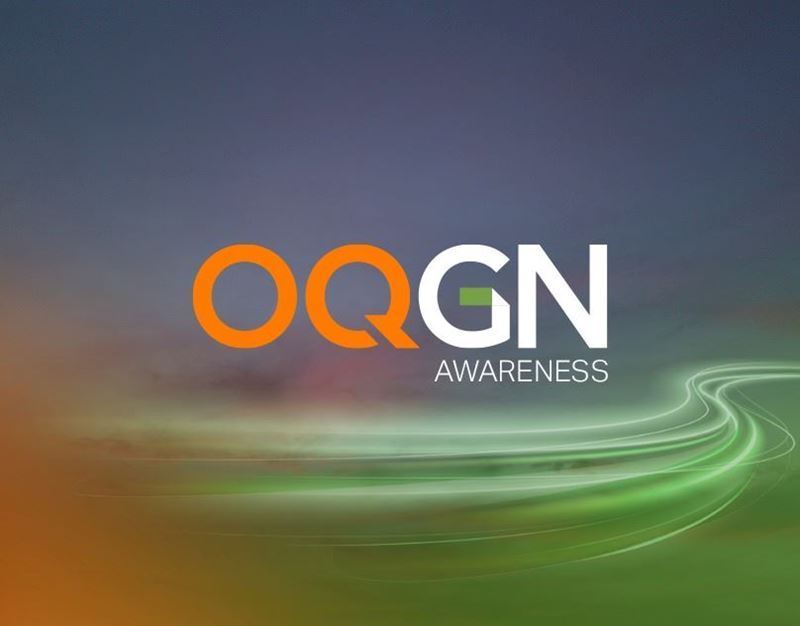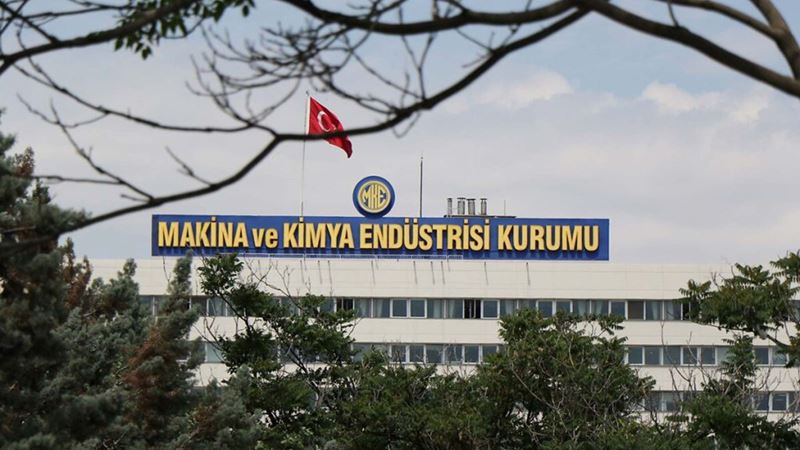The situation is particularly concerning in the Korean automotive industry. As Korean car manufacturers withdraw from China, the related Korean companies supplying parts are following suit. A notable pioneer in this exit trend is Hyundai Motor, which sold its Beijing Plant No. 1 in 2021, followed by its Chongqing plant in 2023. This year, it plans to sell its Changzhou facility. While Hyundai once operated more than five factories in China, it currently operates only three.
As Hyundai Motor downsizes its commercial operations in China, automotive steel sheet supplier Hyundai Steel is also restructuring its local subsidiary and factory in China. Other Korean companies have begun taking similar steps.
HL Mando is pulling out of its brake and suspension production facility in Chongqing, while Hyundai Glovis has terminated its partnership with Changzhou Group, China's leading private car sales and logistics company.
The restructuring wave has also spread to the presence of the Korean battery sector in China. In 2023, LG Energy Solution made a strategic move by divesting its stake in Jiangxi VL Battery, an underperforming joint venture. Established in 2020 through collaboration between LG Chem and China's Becken Technology, the venture saw its shares sold due to operational challenges.
This trend is not limited to Korean companies alone but is also affecting global and multinational corporations. Foreign direct investments (FDI) in China plummeted to their lowest level in the past 30 years in 2023, dropping by 82% compared to 2022 and reaching $33 billion.
The decline in foreign investments in China indicates significant shifts in global economic dynamics and trade relations. This situation necessitates companies to be more cautious and flexible in making strategic decisions.









Comments
No comment yet.